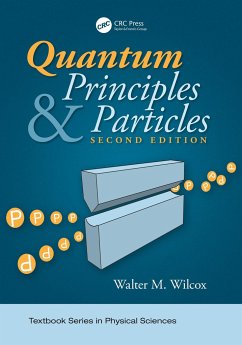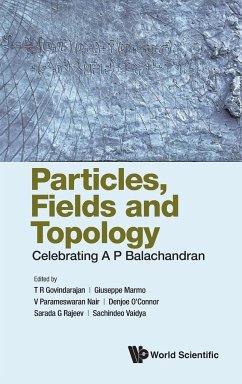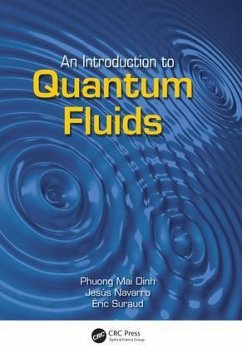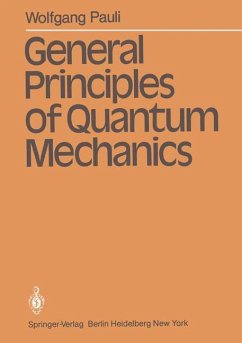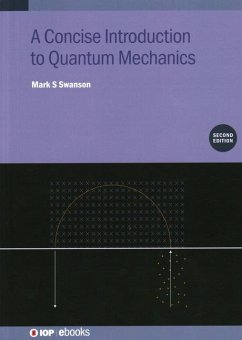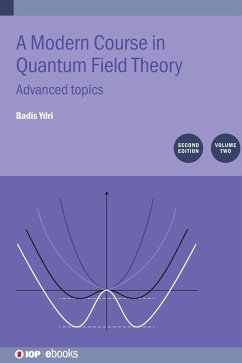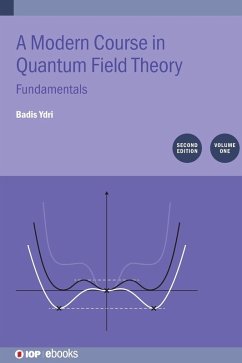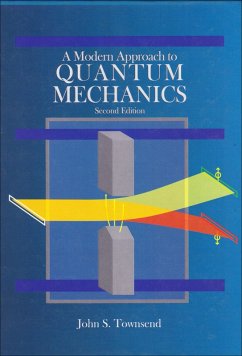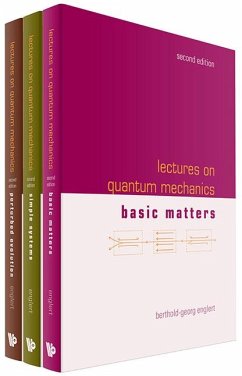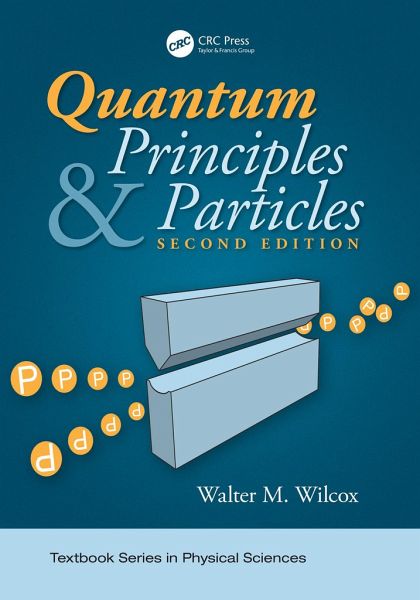
Quantum Principles and Particles, Second Edition
Versandkostenfrei!
Versandfertig in 1-2 Wochen
131,99 €
inkl. MwSt.
Weitere Ausgaben:

PAYBACK Punkte
66 °P sammeln!
This textbook offers a unique introduction to quantum mechanics progressing gradually from elementary quantum mechanics to aspects of particle physics. It presents the microscopic world by analysis of the simplest possible quantum mechanical system (spin 1/2). A special feature is the author's use of visual aids known as process diagrams, which show how amplitudes for quantum mechanical processes are computed. The second edition includes a new chapter and problems on time-dependent processes, in addition to new material on quantum computing and improved illustrations. Key Features: Provides a ...
This textbook offers a unique introduction to quantum mechanics progressing gradually from elementary quantum mechanics to aspects of particle physics. It presents the microscopic world by analysis of the simplest possible quantum mechanical system (spin 1/2). A special feature is the author's use of visual aids known as process diagrams, which show how amplitudes for quantum mechanical processes are computed. The second edition includes a new chapter and problems on time-dependent processes, in addition to new material on quantum computing and improved illustrations. Key Features: Provides a completely updated text with expanded contents. Includes a brand new chapter on time-dependent processes and expanded coverage of recent developments in particle physics. Emphasizes a visual approach employing process diagrams and utilizing new figures. Incorporates quantum information theory in a new appendix, with other helpful supplements on notation, lattice models, weak flavor mixing, and numerical simulations. ¿ ¿





